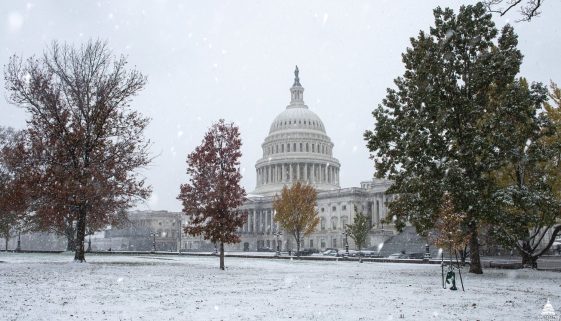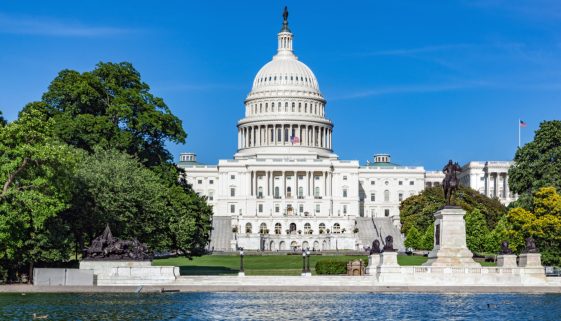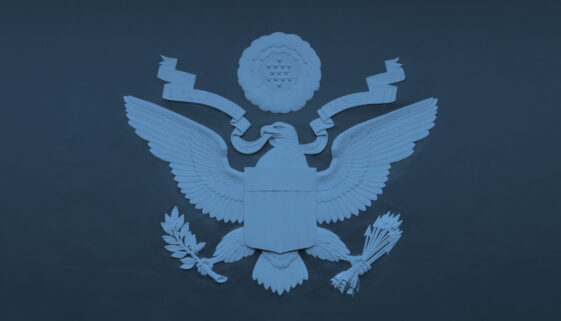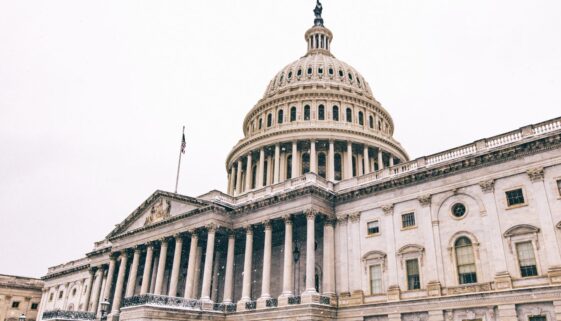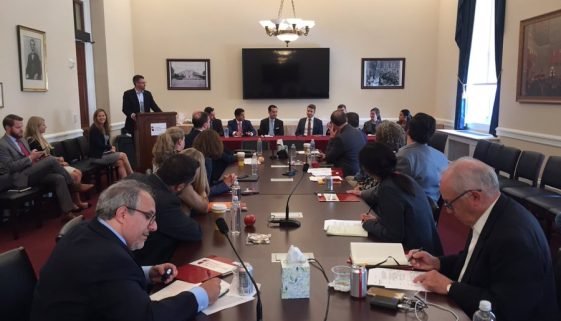i2Coalition January 2020 Legislative Update
Your legislative update on important Internet policy issues for the period from mid-December 2019 to mid-January 2020. OUTLOOK In 2020, Congress is taking aim at perceived problems in the tech sphere, and the i2Coalition stands at the ready to ensure that they approach this problem solving in sensible, constructive ways, and that does not place […]


